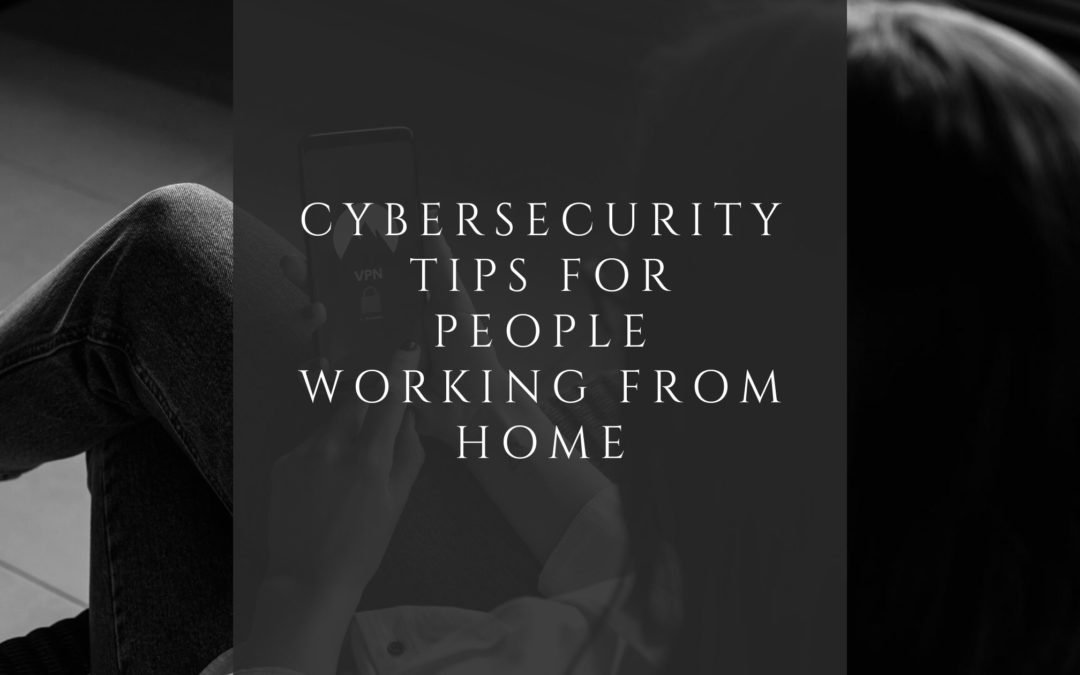While working from home can be great, it doesn’t come without its risks. Working at an office provides cybersecurity to protect your company’s data, client information, and so on, while working from home doesn’t guarantee those same protections. That doesn’t mean you’ll be completely vulnerable, however. You can take steps to ensure that your online presence remains secure and protected from potential hackers. Here are some of the ways you can do this.
Avoid phishing emails
Phishing emails have one goal: to steal your personal information. The chaos that the COVID-19 pandemic has caused makes it easier for cybercriminals to take advantage of the situation and target remote workers. Phishing emails can be easy to spot if you know what to look for: bad grammar, an unknown sender, sometimes an email that sounds too good to be true. To avoid becoming a phishing victim, don’t click any links from suspicious emails without verifying the link address first. Don’t share any personal information or login credentials with any email requesting as much; when in doubt, delete the email. It’s better to be safe than sorry.
Encrypt your communication
If you need to send sensitive information to your coworkers, you’ll want to encrypt your communication so no one else gets it except your intended receiver. Companies usually provide a secure method to send this type of information, but if yours doesn’t, apps like Telegram or WhatsApp will keep you secure.
Use a VPN to connect to your work network
A virtual private network, or VPN, provides secure passage of information between your home network and your work network. If you need to access confidential information, having a VPN to use becomes extra critical. Best of all, you can find some good VPNs with a quick Google search—here’s a good place to start looking.
Secure your WiFi network
Keeping the default SSID and password for your WiFi network makes it easier for hackers to get into your network, so it’s prudent to change those when you can. It’s a small step in ensuring cybersecurity, but it can go a long way toward protecting your data. Regularly update your router to avoid any security vulnerabilities that may pop up in the firmware over time.

